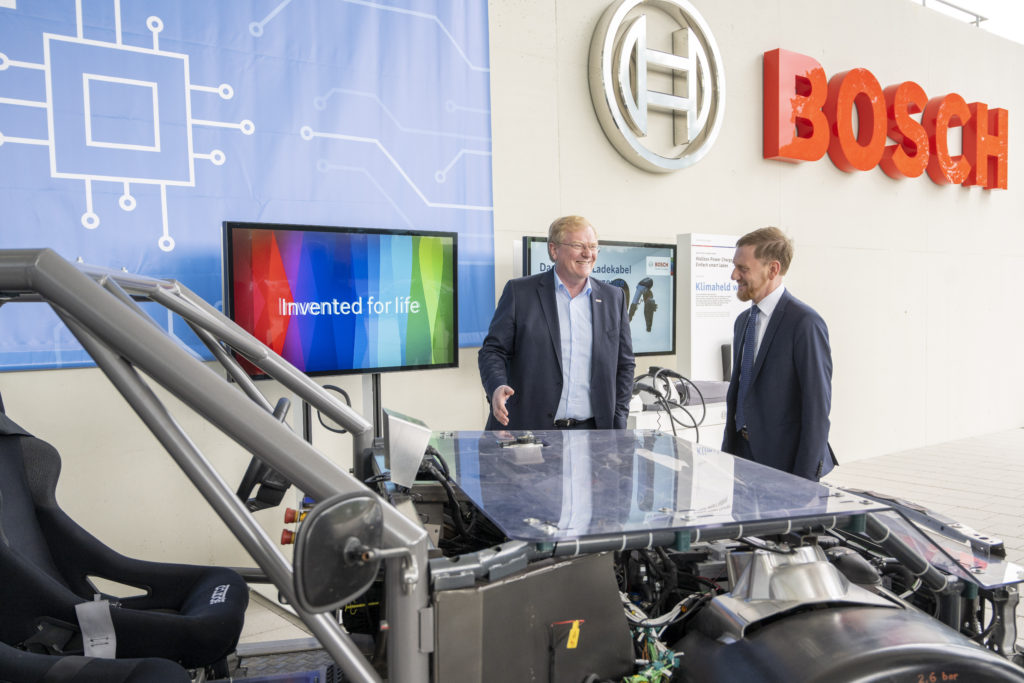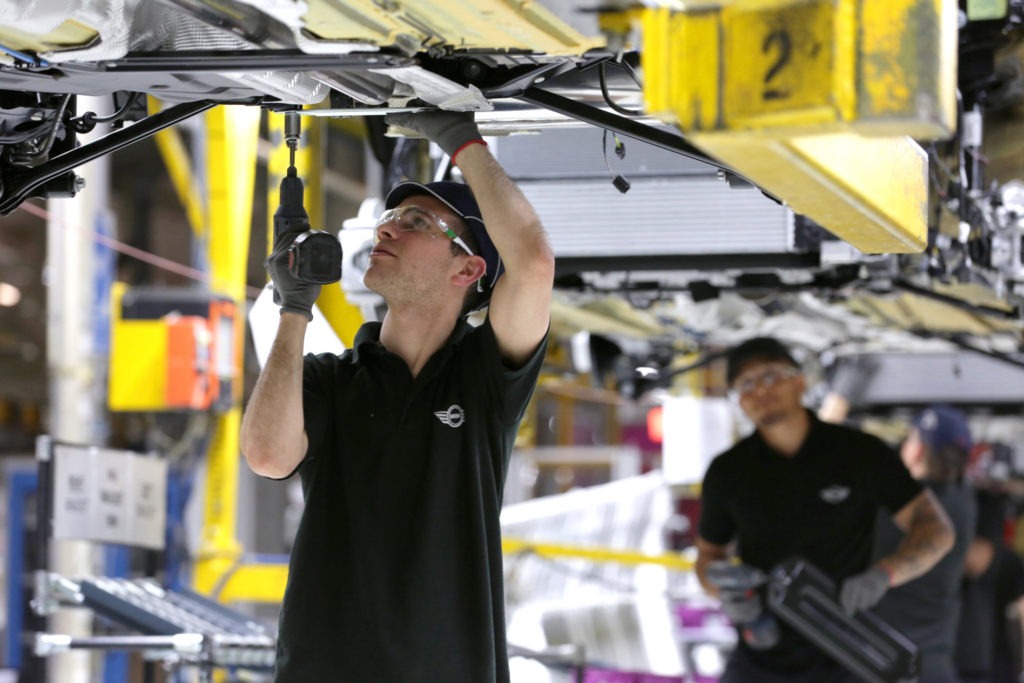Bosch invests in European semiconductor security
17 July 2022

Semiconductors have been key to the automotive industry for some time. However, it is only over the last couple of years they have become headline news, as supply shortages constrain the industry, causing vehicle production and delivery delays.
Now, German technology giant Bosch has outlined plans to strengthen its own semiconductor business with increased multi-billion euro investment in its semiconductor division. The company is one of the automotive industry’s leading companies for the development and manufacture of semiconductors.
The Important Projects of Common European Interest (IPCEI) funding programme on microelectronics and communications technology is intended primarily to promote research and innovation. As part of this, Bosch will invest €3 billion by 2026 in its semiconductor unit, expanding on infrastructure and investment.
By developing a ‘robust ecosystem for the European microelectronics industry’, Bosch looks to reduce the reliance on externally produced technology and ensure a plentiful supply of chips in the coming years.
‘Europe can and must capitalise on its own strengths in the semiconductor industry,’ said Stefan Hartung, chairman of the Bosch board of management. ‘More than ever, the goal must be to produce chips for the specific needs of European industry. And that means not only chips at the bottom end of the nanoscale.’
Germany: a hub for Europe’s chip production
As the automotive industry battles alongside every other smart industry to access semiconductors, the latest chunk of investment from Bosch is important for the stability of future vehicle manufacturing.
Within the framework of the European Chips Act, the European Union and the German government are providing Bosch with additional funding to develop a robust ecosystem for the European microelectronics industry.
The objective is to double Europe’s slice of global semiconductor production from 10% to 20% by the end of the decade.
Bosch plans to fund two new German development centres in Reutlingen and Dresden at a combined cost of over €170 million. Additionally, the company will spend €250 million over the coming year on the creation of an extra 3,000 square metres of clean-room space at its wafer fab in Dresden, which opened in June 2021.
The Reutlingen facility is also being expanded via an investment of around €400 million with an increase in manufacturing capacity and the conversion of existing factory space. The facility will focus on the production of the silicon carbide (SiC) semiconductors, which are in high demand across numerous sectors.
Bosch announced plans to create a European supply chain for SiC semiconductors last year. These components are used in the power electronics required for EVs), which can help boost operating ranges by up to 6%.
The company outlines that it is also using the Reutlingen plant to explore the use of other types of chips. Also, Bosch is looking to make semiconductors, more commonly found in appliances such as laptops and smartphones, suitable for automotive applications.
The automotive supplier highlights that these chips will need to ‘become more robust and able to withstand substantially higher voltages of up to 1,200 volts,’ in order to be compliant with automotive use.
‘Microelectronics is the future and is vital to the success of all areas of Bosch business,’ affirmed Hartung. ‘Challenges like these are all part of the job for Bosch engineers. Our strength is that we have been familiar with microelectronics for a long time – and we know our way around cars just as well.’
Why are semiconductors important?
Semiconductors are vital to any vehicle’s functionality, and cars can contain up to 4,000 chips. Vehicles spanning combustion-engine powered variants and electric vehicles (EVs), from cars to vans and trucks, are becoming more advanced technologically. Semiconductors, therefore, are set to play a bigger role.
During the COVID-19 pandemic, carmakers reduced the rate of semiconductor orders on the back of smaller vehicle demand. At the same time, the demand for consumer electronics goods increased, with more people staying at home. This means that for some semiconductor suppliers, automotive companies are not a priority, especially with the complicated nature of chip manufacturing meaning no easy increase in their production to meet demand.
However, it is not just a global pandemic that has stalled semiconductor manufacturing. Factors ranging from fuel and shipping costs to the rise of 5G connectivity, political policy, and even factory fires and weather events, have contributed to the shortage.
The last 12 months has seen other companies and carmakers looking to expand and secure their control over the challenging semiconductor situation.
In March this year, technology company Intel announced it would invest as much as €80 billion in a European semiconductor ecosystem over the next decade.
Outside of Europe, leading German semiconductor supplier Infineon staked its intention to pour more than €2 billion into its Malaysian site. Last year car manufacturing giant Stellantis partnered with Taiwanese manufacturer Foxconn, to design and sell new semiconductors that will help create a supply chain for the carmaker and third-party customers.



